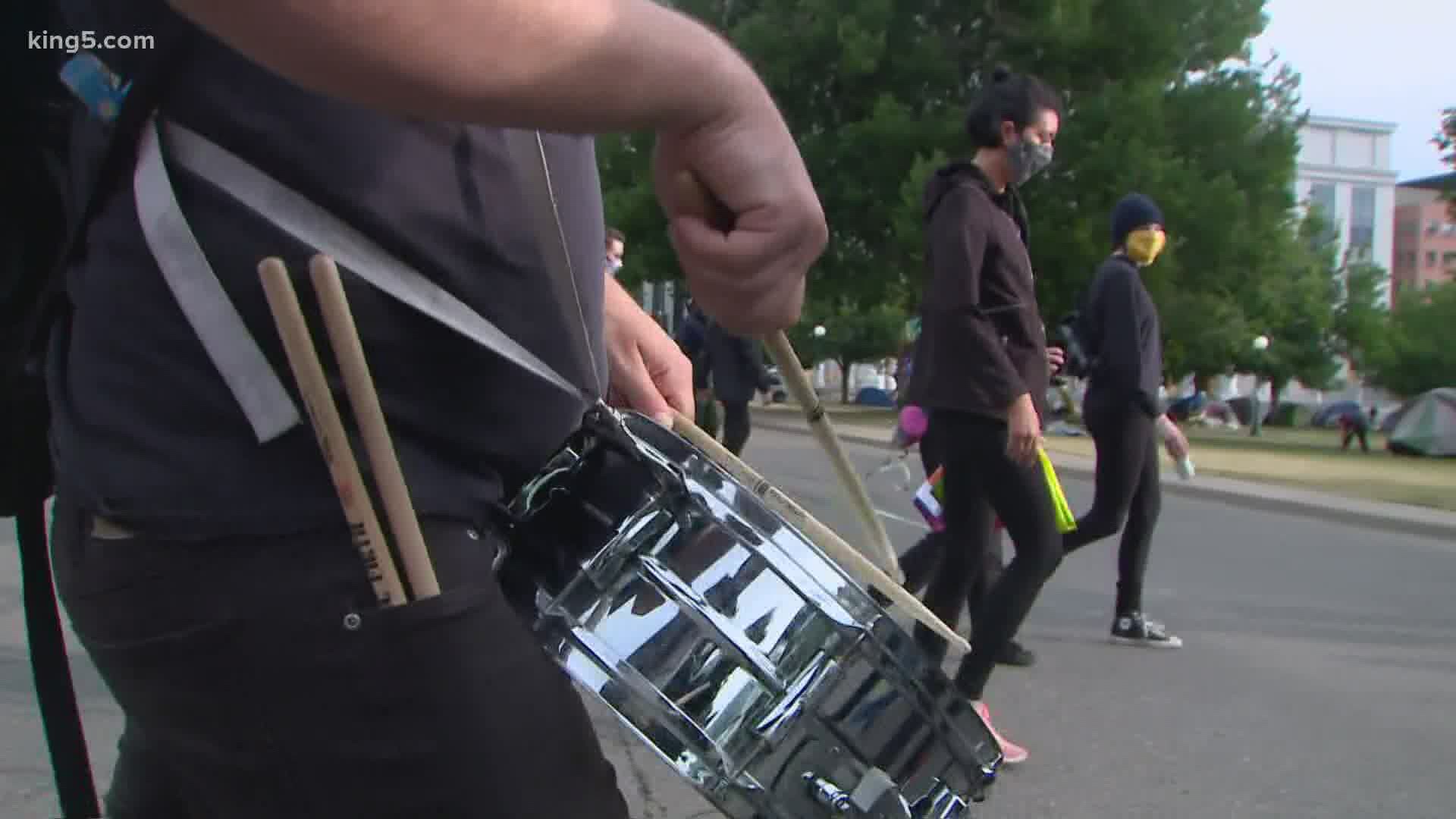OLYMPIA, Wash — Juneteenth could be an official paid holiday for Washington state workers by next year under a new bill introduced in the state legislature.
Juneteenth, on June 19, celebrates the end of slavery in the United States.
The bill would recognize the date as an official state holiday beginning this year, but sponsor Rep. Melanie Morgan, D-Pierce County, said she would be willing to put off making it a paid day-off starting in June 2022 if it helps get the bill passed.
"So that we can spend 2021 in recovery recovering from the deficit that COVID has caused us," Morgan said.
The move would cost an estimated $7.5 million for every two-year budget cycle to make it a paid holiday for state workers, according to the governor’s budget office.
Morgan said the state needs to mark the day. While the state honors Juneteenth as a milestone day in history, it is not an official holiday, according to the Revised Code of Washington.
On June 19, 1865, enslaved people in Galveston, Texas learned they had been freed by the Emancipation Proclamation more than two years earlier.
"We want to practice inclusion, and we want to be known as the state that's equitable, and that we recognize all cultures," Morgan said.
Five other states recognize the day as an official holiday.
No one testified against the bill during a public hearing last week, and Gov. Jay Inslee, D-Washington, said he would sign it if it passes.
But Rep. Jim Walsh, R-Grays Harbor County, said he has not decided if he will vote for the bill for a number of reasons.
Walsh said the state of Washington never endorsed slavery.
"I'm concerned that it implies somehow that the state of Washington in some official capacity ever condoned that horrible practice," Walsh said.
"In a time when some people in Olympia are talking about raising taxes because of the fiscal impacts of the lockdowns after COVID, I'm not sure that this is a top priority right now. Maybe at another time."
Morgan said that shouldn't be a reason. Washington state celebrates July 4, although it was not part of the United States then, she said.
She said the financial impact should not prevent the holiday from being celebrated in Washington.
"The state of Washington has benefited from what our federal government had practice with enslaving human beings," Morgan said. "And they made $3 trillion off the backs of those slaves. And so I think that $7.5 million is a drop in the bucket."

